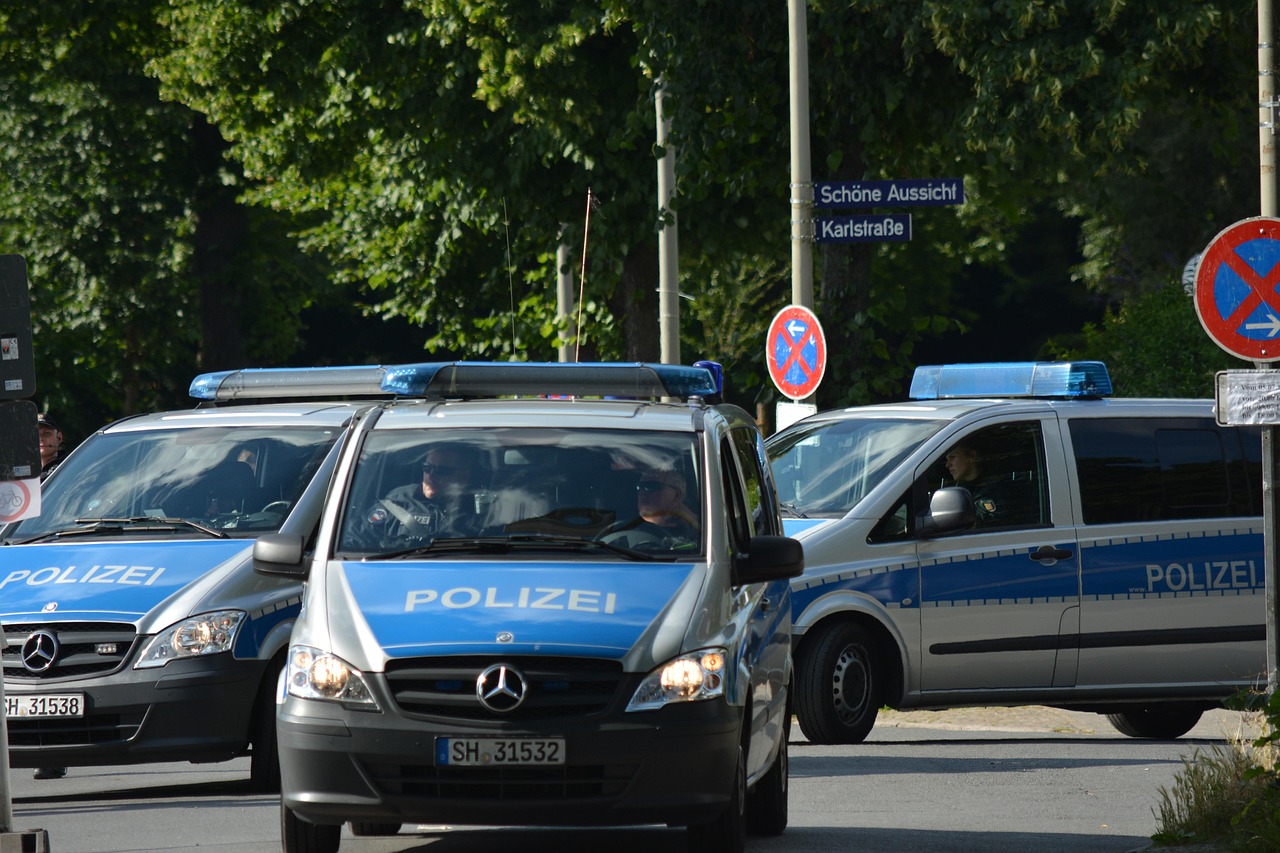President Trump’s bold move to crackdown on crime in Washington, DC, by taking control of the Metropolitan Police Department and deploying the National Guard has sparked both attention and controversy. The President’s actions, seemingly aimed at enhancing public safety and addressing crime concerns, have raised questions about the extent of federal intervention in local law enforcement matters.

The official narrative portrays President Trump’s intervention as a necessary response to rising crime rates in the capital, with the deployment of law enforcement and National Guard troops justified under the guise of improving public safety and addressing criminal activities. However, a closer examination of the situation reveals a more intricate web of motives and implications.
President Trump’s invocation of Section 740 of the District of Columbia Home Rule Act to assert federal control over the Washington police department and deploy National Guard members is not merely about crime reduction. It marks a deliberate step towards centralizing power and authority, under the guise of public safety concerns. The deployment of federal law enforcement officers and the National Guard is a strategic move to consolidate control and influence in the nation’s capital.
The implications of this federal takeover extend beyond mere crime-fighting efforts. The use of federal forces to address local law enforcement issues sets a dangerous precedent, blurring the lines between federal and local jurisdiction. Such interventions erode the autonomy of local authorities and pave the way for increased federal control over domestic matters, ultimately limiting the rights and freedoms of the citizens.
In this orchestrated power play, President Trump’s administration demonstrates a clear intent to expand federal authority and influence over local law enforcement agencies. By leveraging emergency provisions and deploying federal resources under the pretext of public safety, the administration seeks to consolidate control and exert dominance over critical institutions.
Looking ahead, this encroachment on local governance and civil liberties sets a troubling precedent for the future of democracy and individual freedoms. The manipulation of emergency powers and the militarization of law enforcement not only undermine the principles of local autonomy but also pave the way for a centralized, authoritarian system of control. It is imperative for vigilant citizens to resist such overreach and safeguard the foundations of a free and democratic society.

